Description
1. Parameter Specifications
- Power Supply: The PDP601 typically operates on a 24V DC power supply. Its power consumption is around 12 – 18W, providing a balance between performance and energy – efficiency for continuous industrial use.
- Input/Output Configuration:
- Digital Inputs: There are 32 digital inputs. These can accept signals from a wide variety of digital sensors such as proximity sensors, limit switches, and photoelectric sensors. The input voltage range is 5 – 24V DC.
- Digital Outputs: It features 16 digital outputs. Each output can drive a load with a maximum current of 1.5A, suitable for controlling high – power relays, solenoids, and contactors.
- Analog Inputs: There are 6 analog inputs. They can receive signals in the ranges of 0 – 10V or 4 – 20mA, with a 14 – bit resolution for highly accurate measurement of physical quantities like temperature, pressure, and flow.
- Analog Outputs: 3 analog outputs are available, capable of outputting signals in the same ranges as the analog inputs for precise analog control.
- Communication Interfaces: It supports an Ethernet interface for high – speed data transfer and integration into industrial networks. It also has an RS – 485 serial port with Modbus RTU support for communication with other Modbus – compatible devices.
2. Applications
- Industrial Automation: In large – scale industrial manufacturing, the PDP601 can control and monitor complex production lines. It manages the operation of multiple machines, coordinates the movement of materials on conveyor belts, and ensures the quality and efficiency of the production process.
- Power Generation and Distribution: In power plants and substations, it can monitor electrical parameters such as voltage, current, and frequency. It can also control the operation of circuit breakers and other power – distribution equipment to ensure stable power supply.
- Process Control: In process industries such as chemical, food, and beverage production, it can monitor and control process variables such as temperature, pressure, and flow rate. It can implement control algorithms to maintain the desired process conditions and ensure product quality.
3. Weight and Dimensions
- Weight: The module weighs about 0.8 kg, which is relatively light considering its functionality and performance.
- Dimensions: The overall dimensions are: length – 180mm, width – 120mm, height – 40mm. Its size allows for installation in standard industrial control cabinets.
4. Features
- High – Resolution Analog Measurement: The 14 – bit resolution of analog inputs enables highly accurate measurement of analog signals, which is crucial for applications requiring precise control.
- Flexible Communication: The support for Ethernet and RS – 485 communication interfaces provides flexibility in system integration, allowing for seamless data exchange with a wide range of devices and systems.
- Large I/O Capacity: The large number of digital and analog inputs and outputs provides flexibility in system design, allowing for customization according to different application requirements.
5. Stability and Reliability
- Robust Construction: The module is housed in a durable metal enclosure that provides protection against dust, moisture, and mechanical vibrations. This ensures stable operation in harsh industrial environments.
- Fault – Tolerant Design: It is designed with built – in protection mechanisms such as over – current protection, short – circuit protection, and over – voltage protection. These features safeguard the module from electrical faults and extend its service life.
- Quality Assurance: Through strict quality control during manufacturing and the use of high – quality components, the PDP601 offers long – term reliable operation.
6. Real – world Examples
- Automotive Manufacturing Plant: In an automotive manufacturing plant, the PDP601 controls the operation of multiple robotic arms on the assembly line. It receives input signals from sensors that detect the position of car parts and sends output signals to control the movement and operation of the robotic arms, ensuring accurate assembly.
- Chemical Processing Plant: In a chemical processing plant, it monitors and controls the chemical reaction process. It measures the temperature, pressure, and flow rate of reactants through analog sensors and controls the operation of valves and pumps via digital and analog outputs to maintain the desired reaction conditions and ensure product quality.


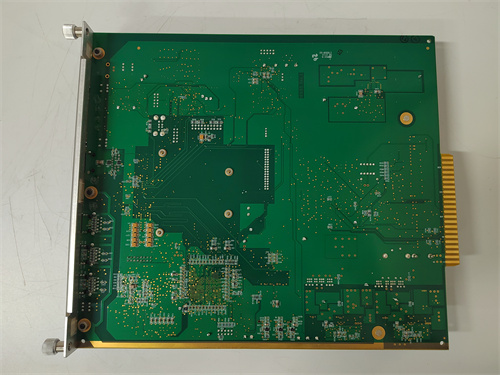
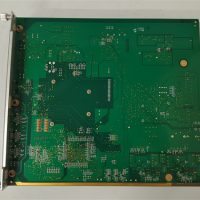
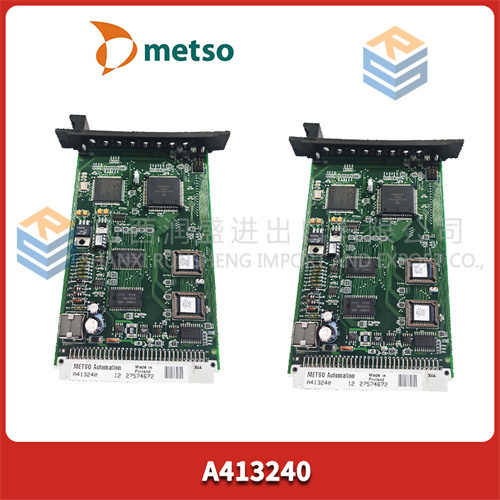

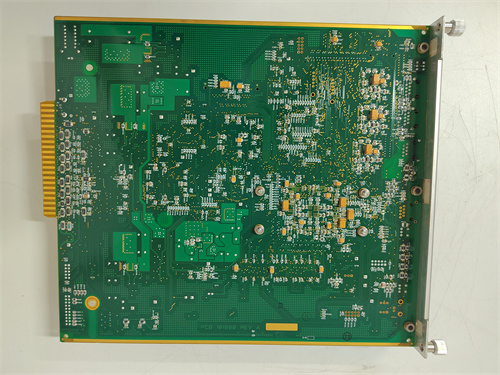
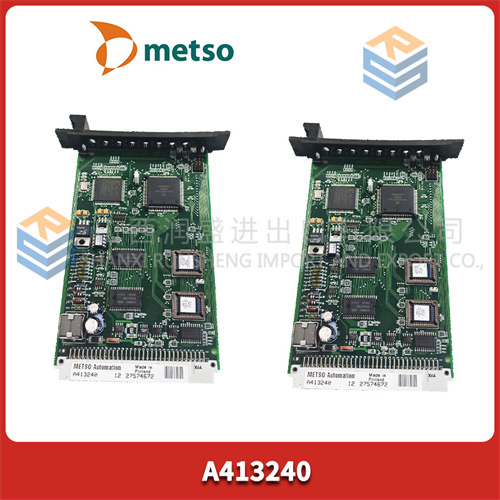
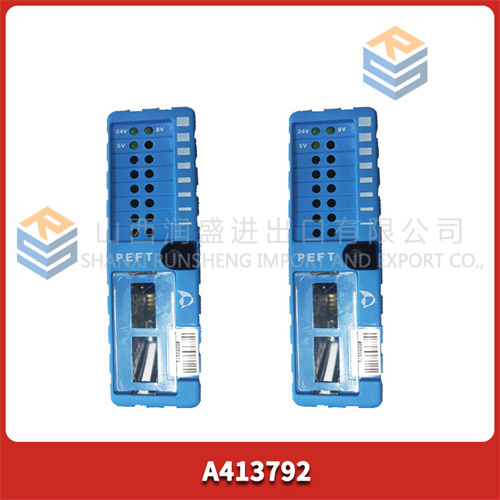
Reviews
There are no reviews yet.